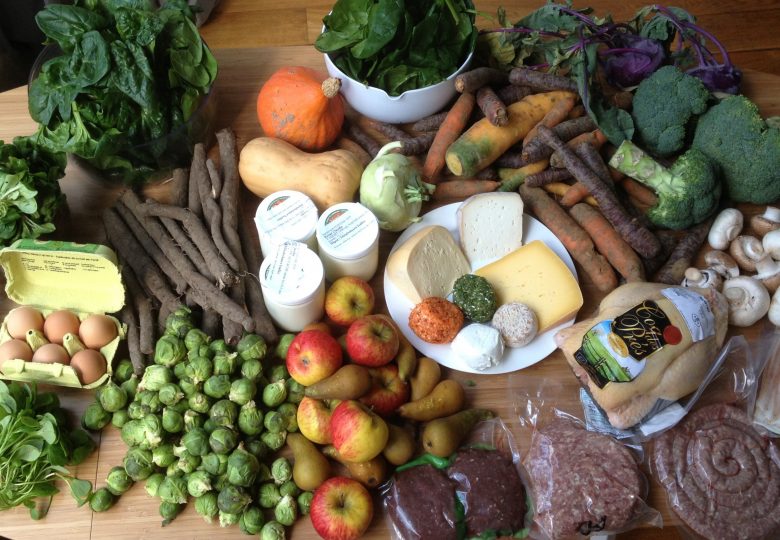6 reasons why organic food is really better

Every now and then there is a new “study” coming out supposedly showing that organic produce is no better for us than conventional produce. I do not even look at those studies anymore. For me it is simple common sense that fresh, organic Real Food (as opposed to processed junk food in an organic packaging) the way I recommend and consume it, IS better for all of us: the people, the farmers, the animals and the planet.
There are different standards of organic. And you might want to watch out for those, since not everything that glitters is gold. When I talk about “organic”, I refer to the “real”, small-scale organic – whether it’s labeled as such or not. I am not talking about a food label that has become a mere tool of marketing and already lost its meaning for many consumers.
6 reasons why small-scale organic REAL Food IS better for you, the farmers, the animals and the planet:
- Even if organic produce did not contain anymore nutrients than conventional produce (what I doubt), it is at least grown without the usage of toxic pesticides, hormones, unnecessary medication, artificial additives and genetically modified organisms (GMO’s), which is obviously better for your own health, the health of the farmer & his family, the animals and the environment (water, air, soil). Plus your body does not have to use up its precious nutrients (anti-oxidants and others) to get rid of those toxins again.
- The animals are treated with respect and they are held / fed according to their natural needs. They are usually killed in small-scale institutions reducing stress to a minimum. THIS MIGHT NOT TRUE FOR “ORGANIC” MEAT YOU BUY IN BIG SUPERMARKETS OR DISCOUNTERS!!
- Farming animals according to holistic grazing methods nourishes the soil instead of depleting it by increasing its amount of hummus. This actually helps prevent climate change (instead of promoting it) because the more hummus in the soil, the more CO2 is absorbed from the atmosphere. The cow as such is thus NOT a “climate killer”. Attention: applying holistic grazing methods is still rare – even in the organic world!
- Small-scale organic farming maintains and enhances biodiversity. No monocultures allowed. Biodiversity is crucial for the resilience of ecosystems and for them to find their natural balance.
- Small-scale organic farming does not over-rely on big machinery or transport the products long distances (both wasting a lot of fossil fuels).
- Small-scale organic food is usually tastier, even though it might not “look” perfect.
If you know your farmer and how he/she works, you don’t necessarily need the organic label on your food (which often will result in lower prices since the organic label costs money to the farmer). However, if you don’t, you should look out for it. Just be aware that there can be huge differences between “organic” and “organic.
